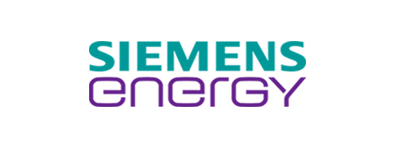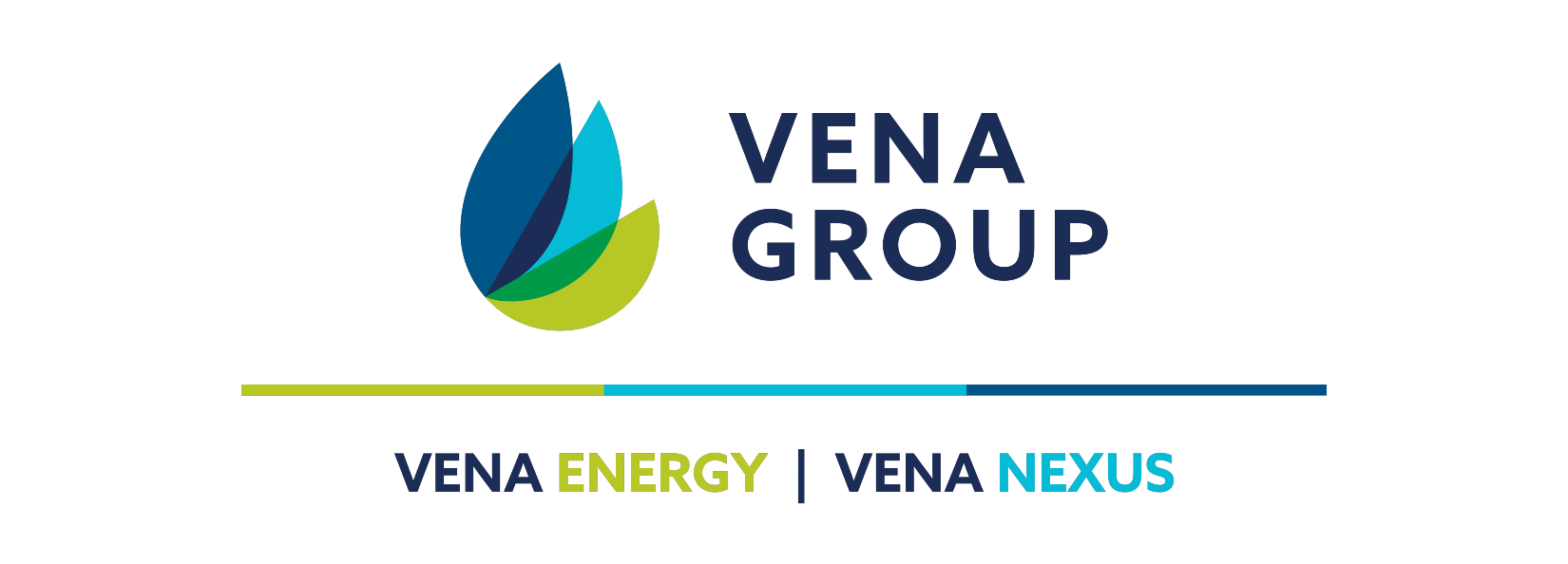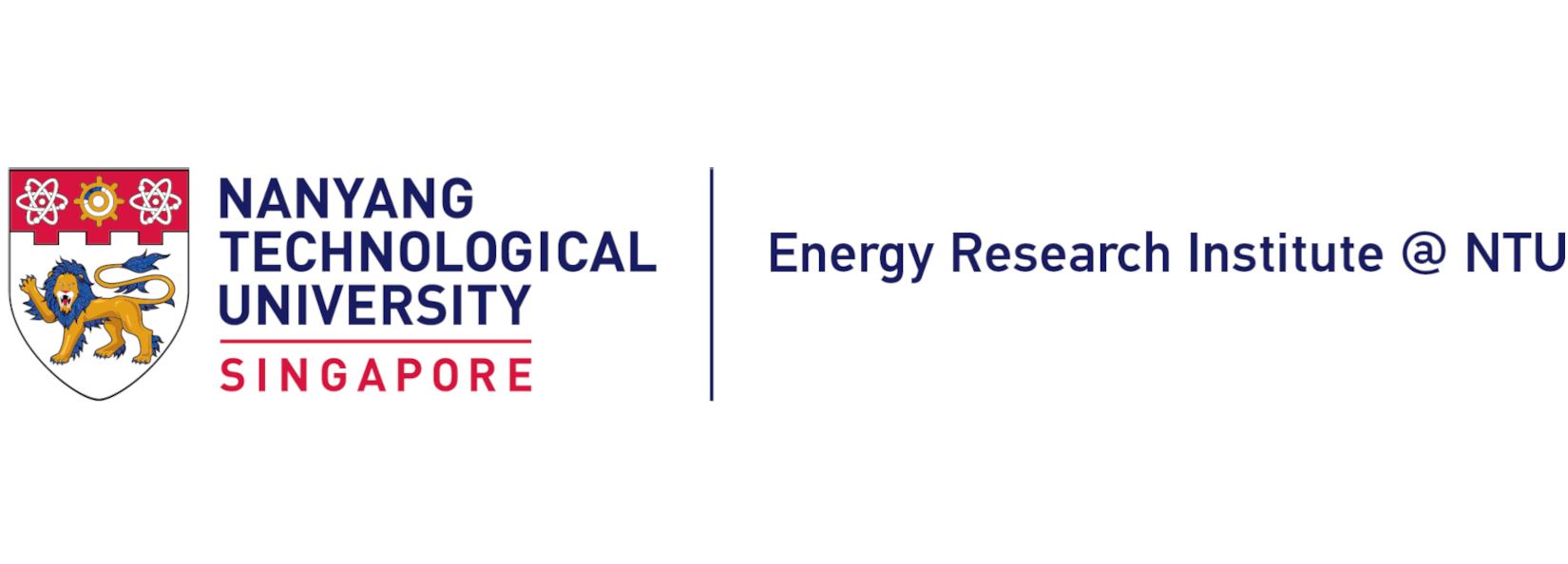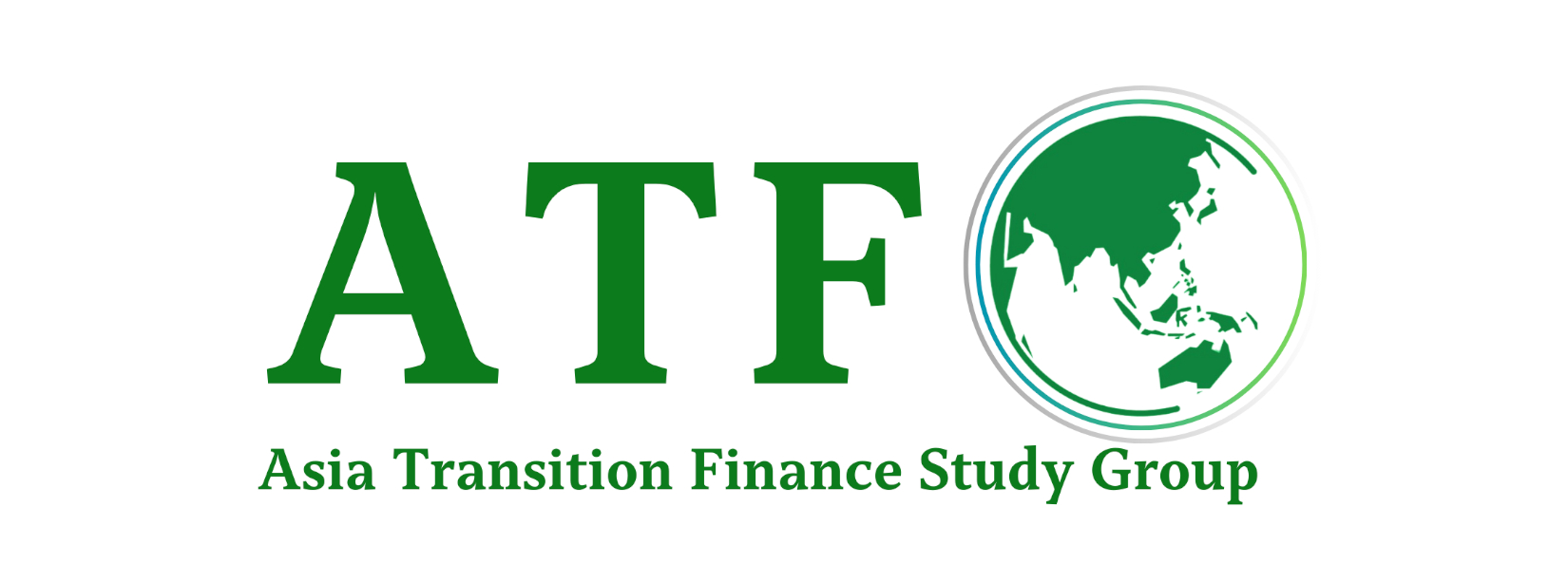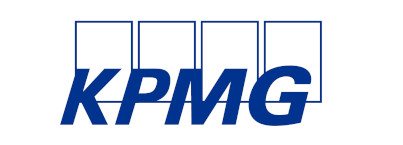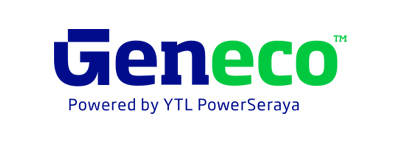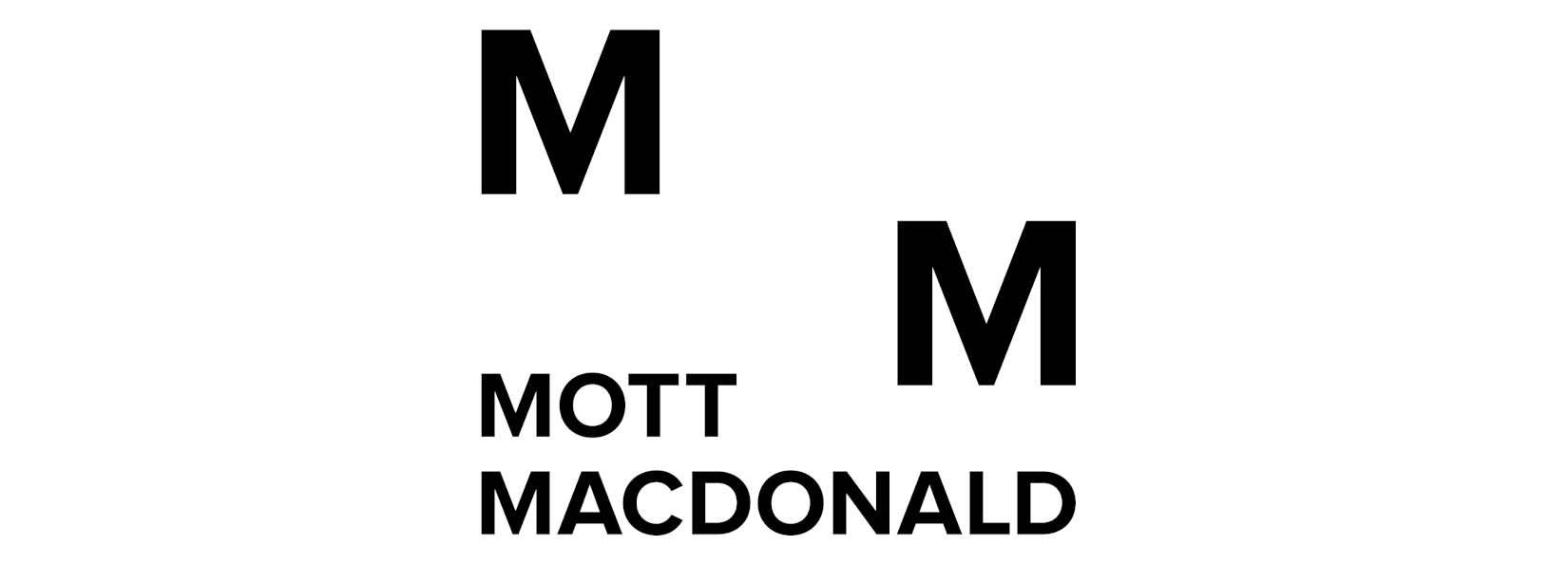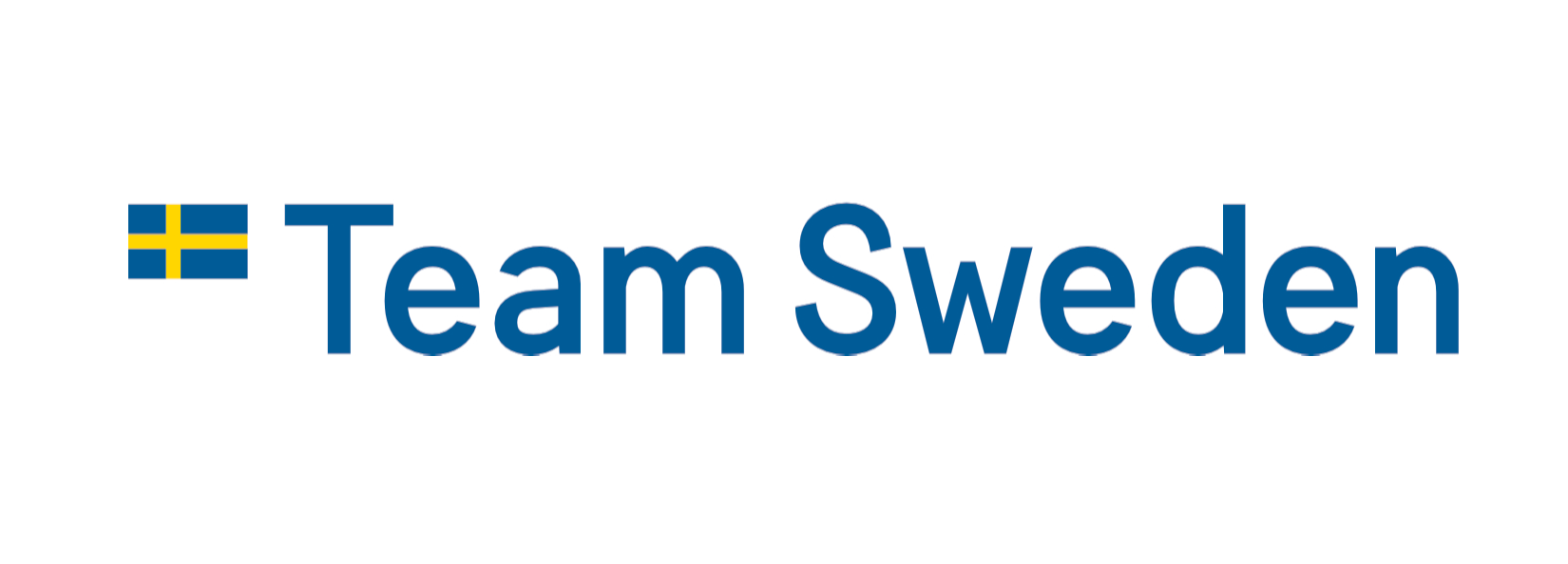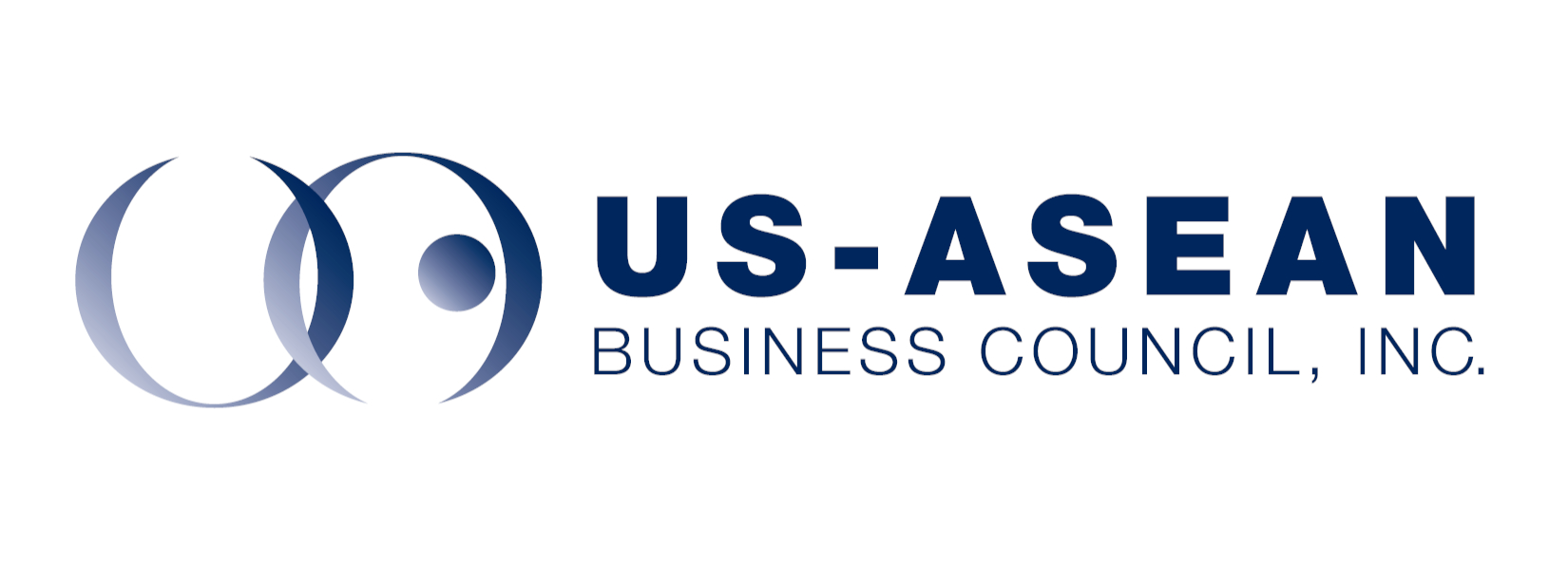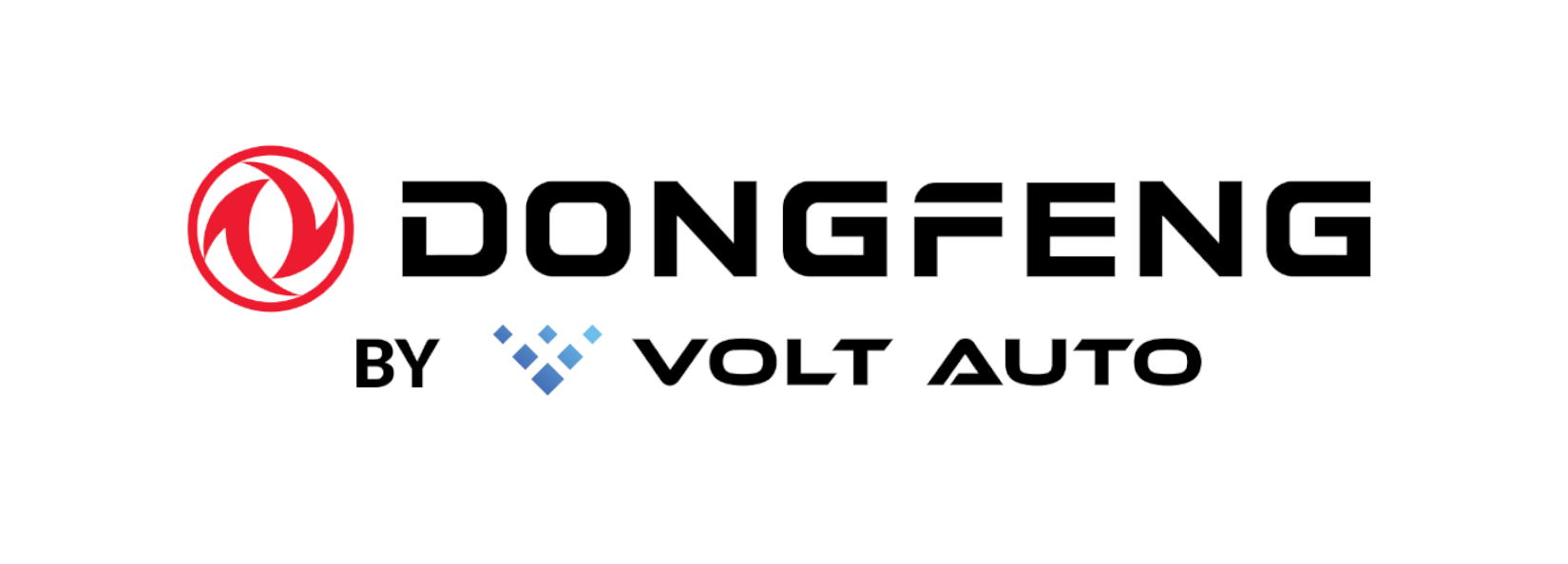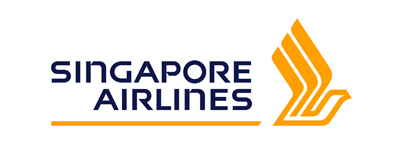Singapore and the International Energy Agency (IEA) are set for deeper collaboration, with discussions taking place to explore setting up an IEA Regional Cooperation Centre in Singapore. Ho Wai Ying reports.
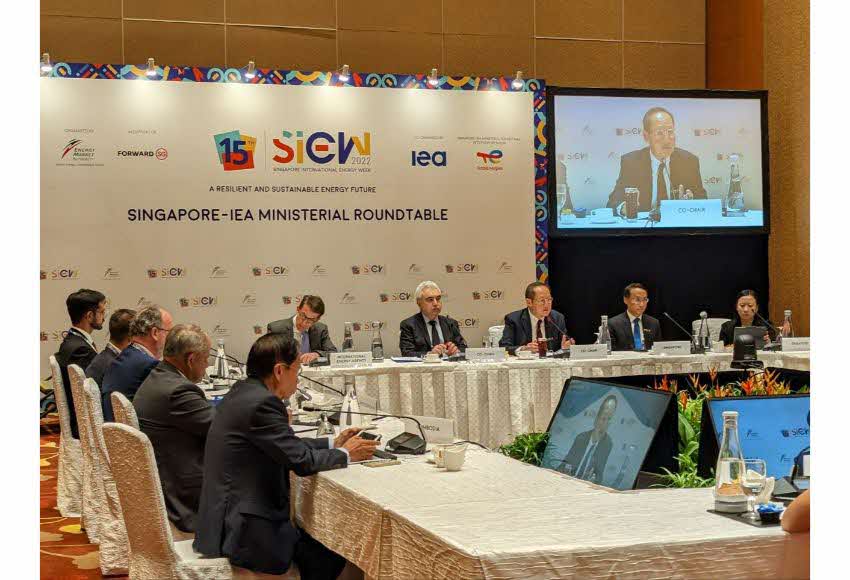
The current energy crisis has highlighted the impact of geopolitics on energy security and calls for the need to have a calibrated approach for the energy transition. International cooperation between countries will thus be vital to advance the energy security imperative, while not detracting from the urgent task of progressively decarbonising energy systems.
In his Welcome Remarks, Dr Tan See Leng, Minister for Manpower and Second Minister for Trade and Industry, shared that Singapore and the IEA are in talks to explore the setting up of an IEA Regional Cooperation Centre in Singapore. He was joined at the closed-door Singapore-IEA Ministerial Roundtable held on 25 October by IEA's Executive Director Dr Fatih Birol.
Welcome Remarks by Dr Tan See Leng
“While energy security and access to energy remains crucial and critical, we must not lose sight of the need for clean energy transition,” Dr Tan said.
He emphasised the need for continuous investment in clean energy and related technologies and the enhancement of infrastructure to support renewable energy deployment. He also stressed the importance of staying adaptable and nimble amid unpredictable geopolitical developments.
Shifts in energy trade
Dr Tan noted that there will be a shift in energy trade away from fossil fuels to electricity and new low-carbon carriers such as hydrogen and ammonia. He shared that energy trade can help to accelerate the development of low carbon solutions and renewable energy projects. This is through allowing energy to be transferred from renewable energy-rich countries to those with lesser renewable energy resources. He cited the example of the Lao-PDR-Thailand-Malaysia Singapore Power Integration Project (LTMS-PIP) as an example of regional collaboration in cross-border energy trading. The LTMS-PIP could serve as a pathfinder towards the realisation of the ASEAN Power Grid.
Aside, Dr Tan shared that Singapore is collaborating with regional countries such as Vietnam and Australia to develop cross-border interconnectivity.
While the world transitions to cleaner energy sources, Dr Tan believes a “pragmatic” approach should be adopted. This again involves the need for international collaboration in order to ensure sufficient investment goes into developing natural gas supply chains to serve the world’s energy needs.
Welcome Remarks by Dr Fatih Birol
“No country is an energy island,” said Dr Fatih Birol, IEA's Executive Director.
Although the IEA hopes for the decoupling of energy supply with geopolitics, Dr Birol acknowledged that recent world events have shown that geopolitics has been an important element in shaping the world’s energy landscape. He remarked that countries around the world are accelerating the clean energy transition not just to meet their climate commitments, but also to ensure energy security.
Drivers for energy development
Dr Birol cited three drivers for energy development, namely energy security, industry policy and climate commitments. In this regard, he noted that driven by industrial policy, there has been a surge in energy-related developments in the European Union, the US and Japan. This has ranged from the manufacturing of catalysts to offshore wind turbine equipment and electric vehicles.
In this region, Dr Birol noted that there is potential for change in terms of a shift away in reliance on imported fossil fuels towards local clean energy production. This will help to reduce carbon emissions, while driving economic growth.
Follow us on Twitter (@SIEW_sg) to get the latest #SIEW2022 updates throughout the day!











